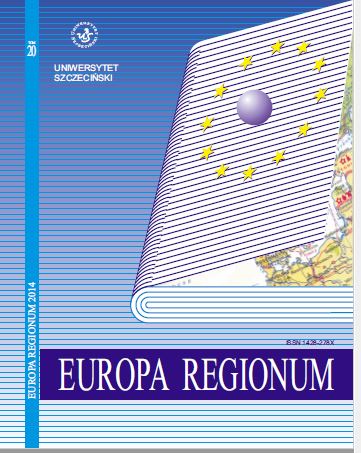Geneza i trendy w rozwoju prawa porównawczego
Origins and trends in development of comparative law
Author(s): Iwona SzymczakSubject(s): Law, Constitution, Jurisprudence
Published by: Wydawnictwo Naukowe Uniwersytetu Szczecińskiego
Keywords: comparative law; comparative method
Summary/Abstract: This article is the third (last) part of the wider cycle of comparative law as a scientific discipline. Its object is to present the origins and trends of development of science of comparing legal systems in the context of the applicability of the results of its research to work towards the convergence, harmonization and unification of European Union law. The first point refers to be a short of linguistic analysis to explain the background of dispute among scientists about the meaning of the term “comparative law” (or “comparative law”), then pointed to the arguments allowing the recognition of the doctrine of comparing legal systems as an independent scientific discipline that deals with a description and explanation of the method. In the historical part of this paper, it is presented the beginnings of the formation of the science, its pioneering research centers and representatives of science, who created the basis for a new scientific discipline. However, in the next section shown new challenges facing legal comparison, especially with regard to the applicability of the results in new areas.The biggest challenge for comparative law is both to build a “common core”, which is the legal knowledge, which is based on common law principles and coherent juridical structures occurring in the national law of the Member States of the European Union (European law in the broad sense), as well as the possibility of usage of the results of its research work for the unification of the law of the European Union (the strict sense), in particular, to draft a European Civil Code. Unfortunately, its implementation also carries certain risks, in particular, drew attention to the issue of the lack of representativeness of all legal systems in the selection of the best solution. However, this problem can be, if not eliminated, at least mitigated, if the subject of comparative analysis will be not entire systems, but various legal institutions.
Journal: Europa Regionum
- Issue Year: 2014
- Issue No: 20
- Page Range: 71-82
- Page Count: 12
- Language: English

